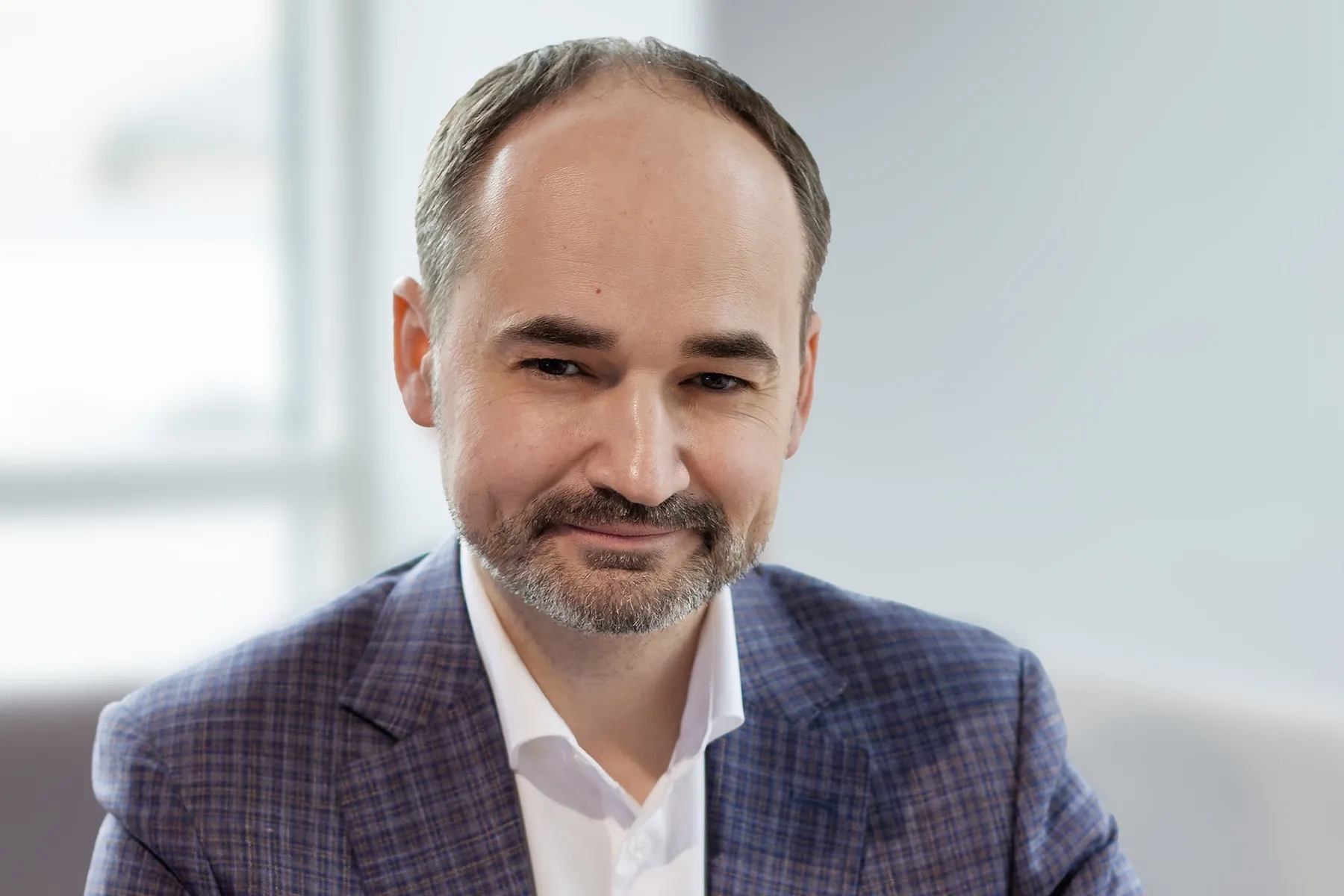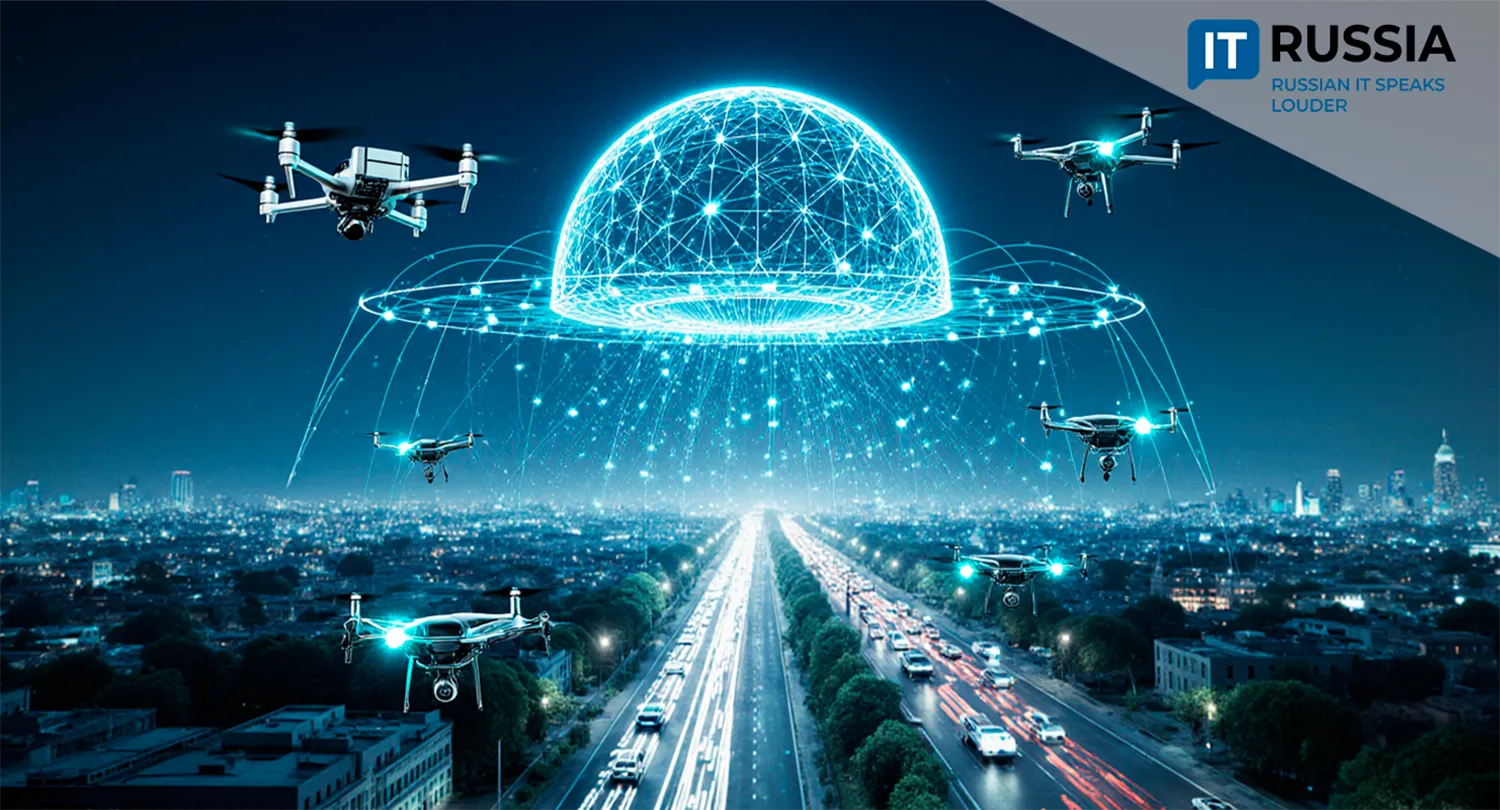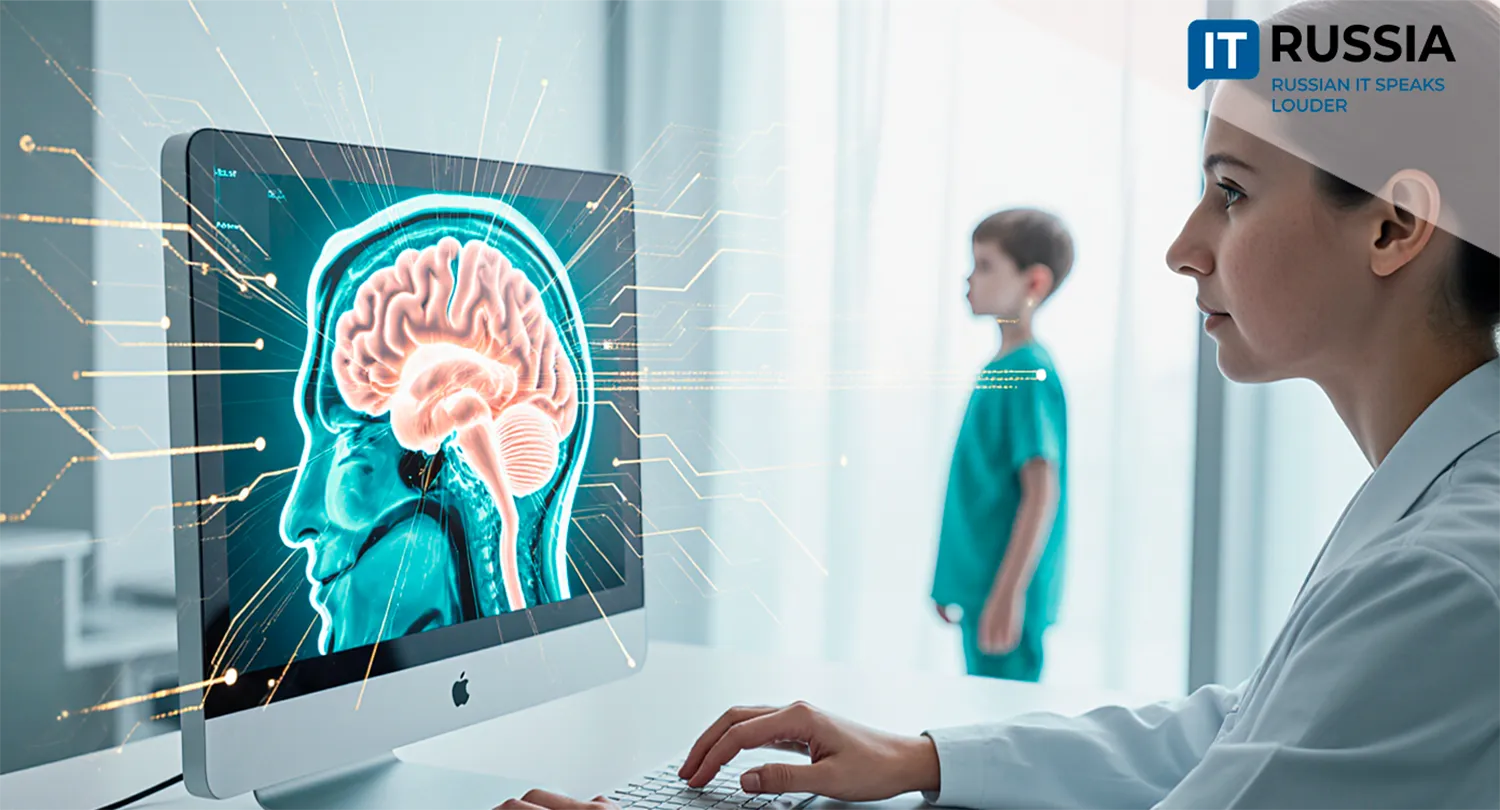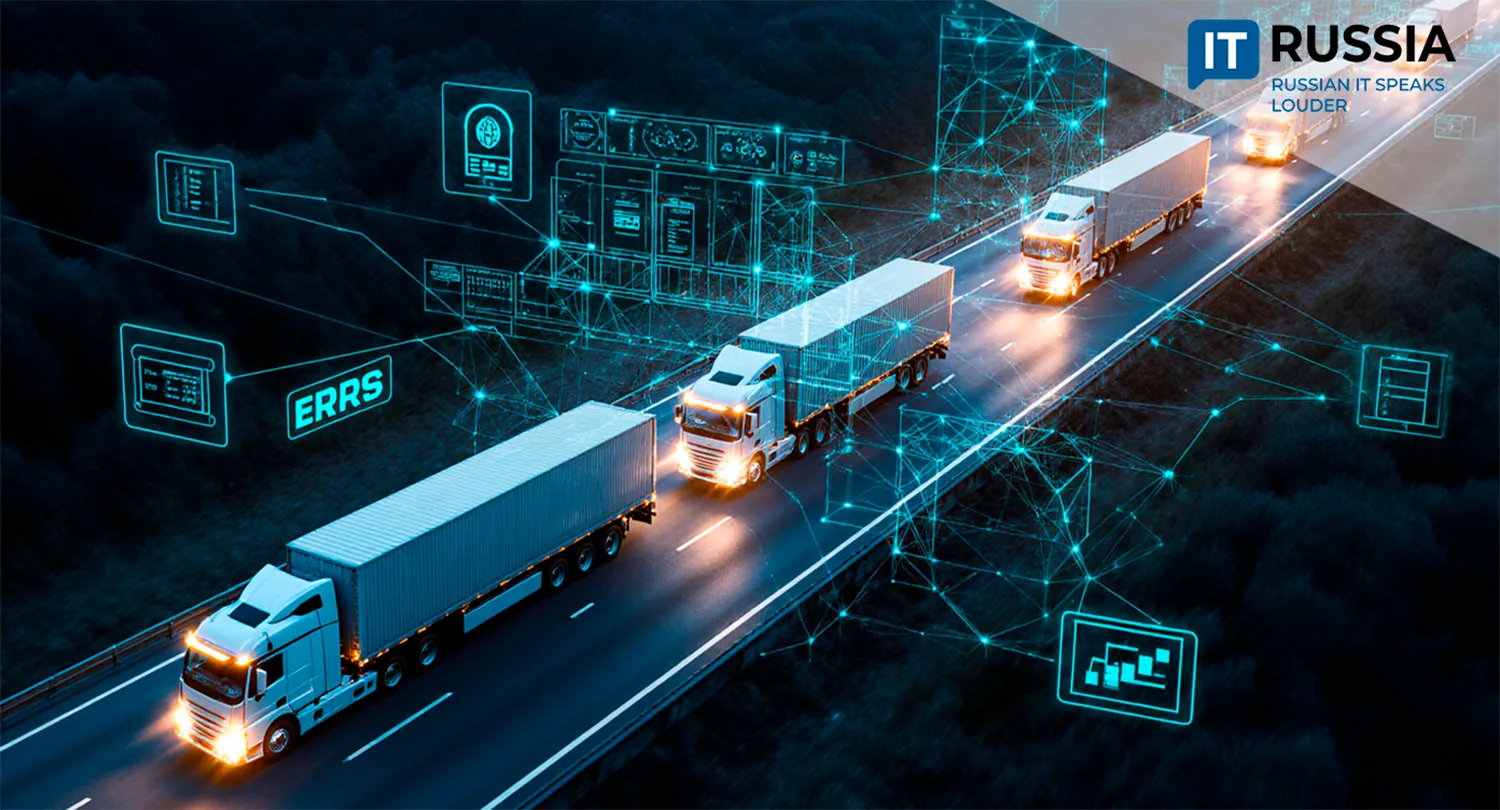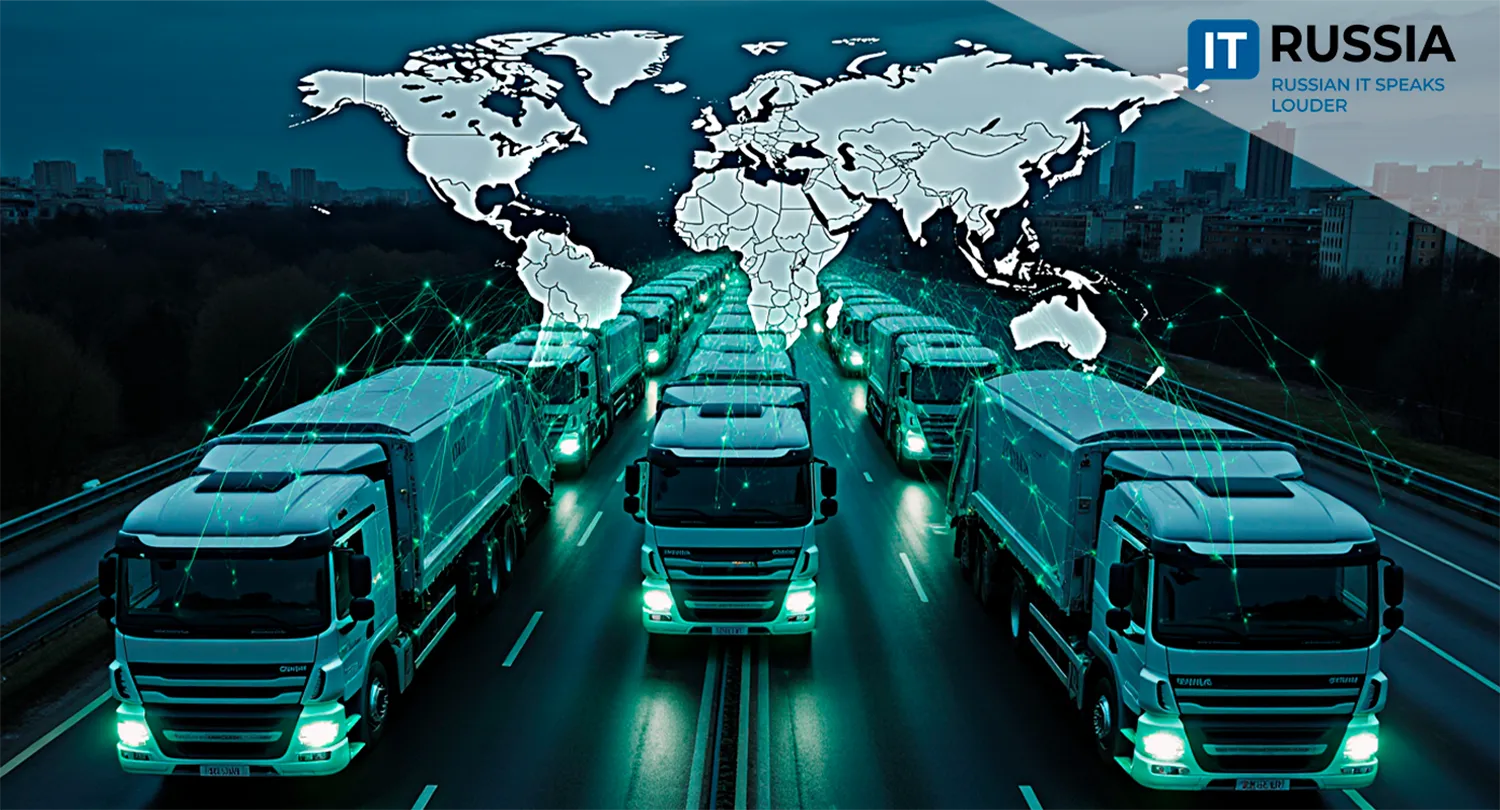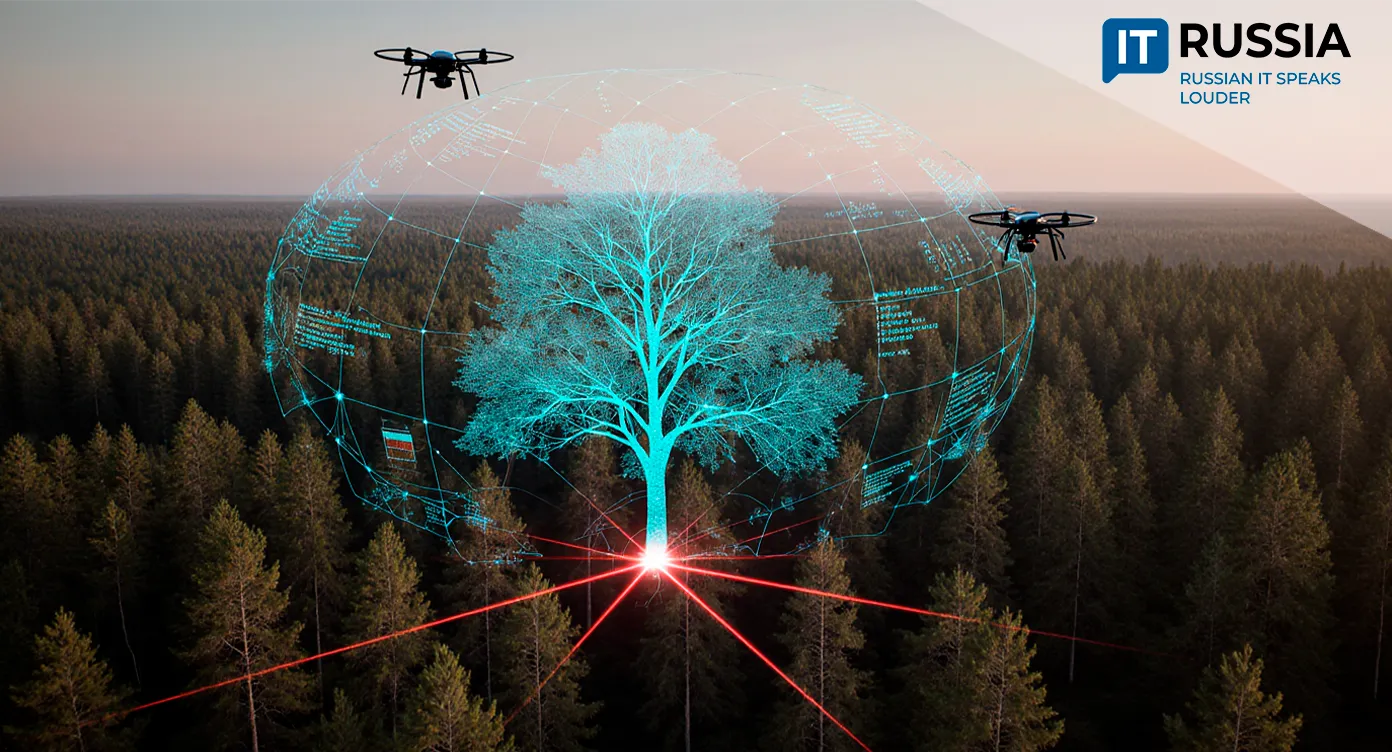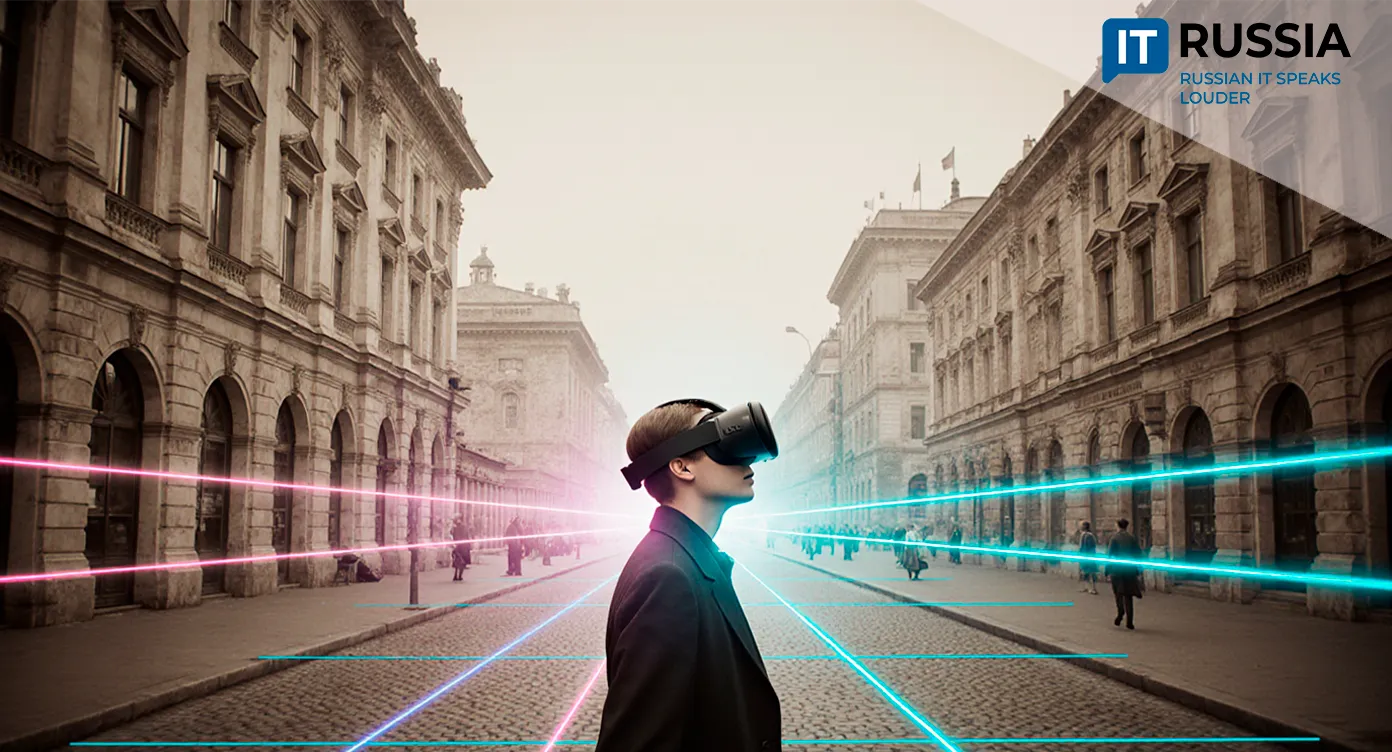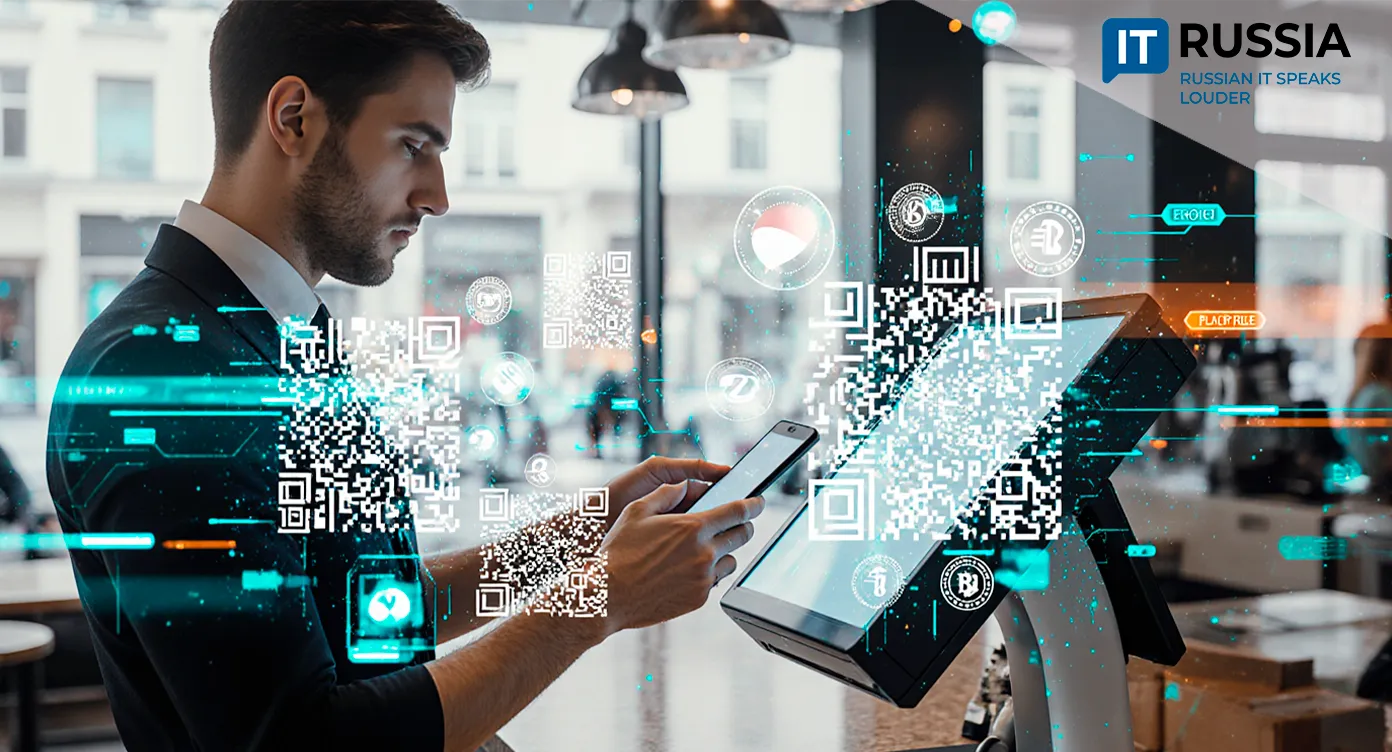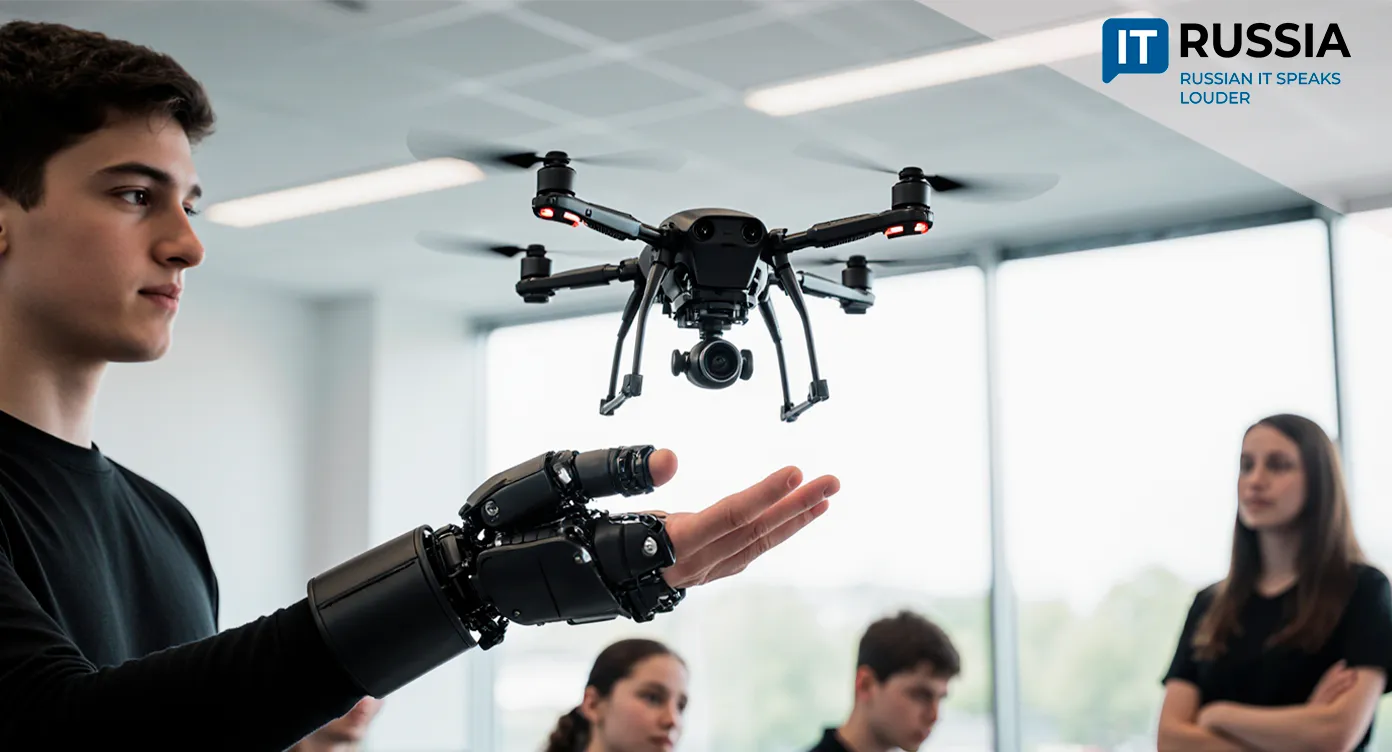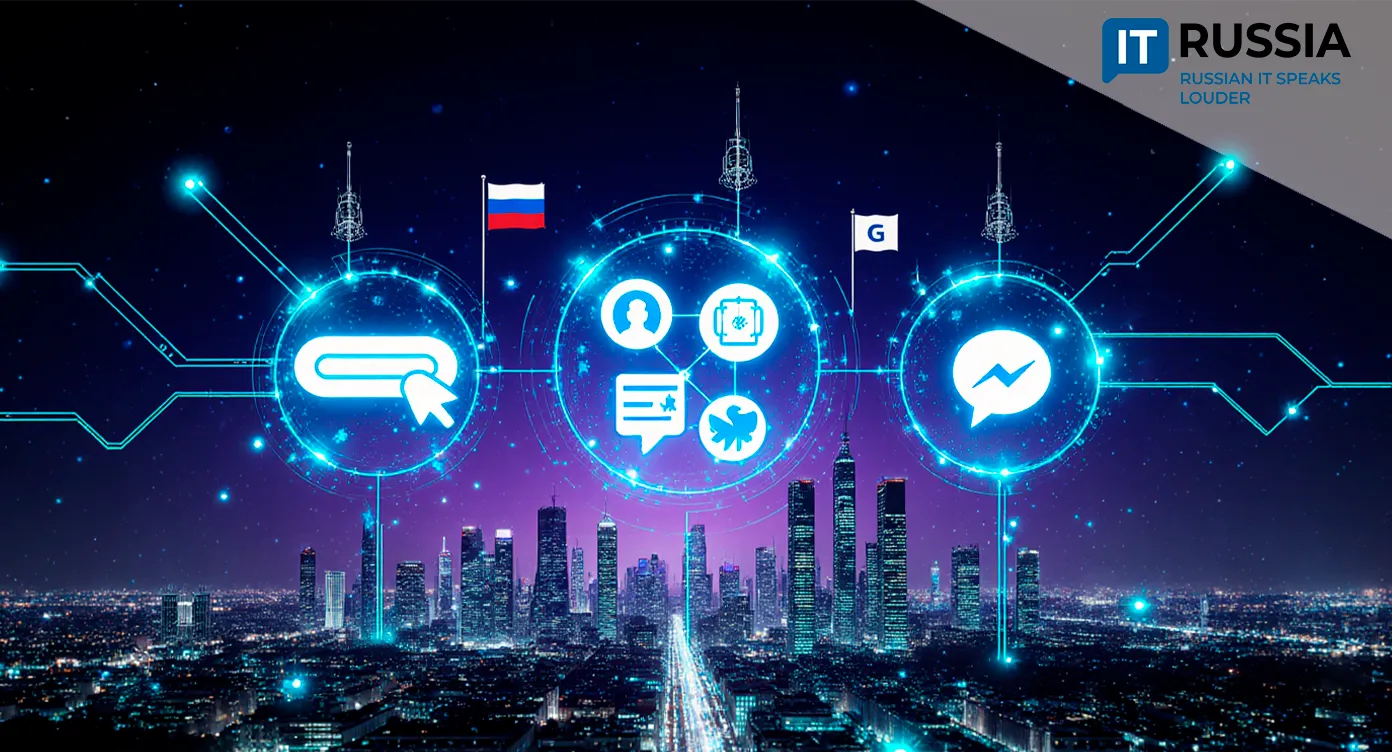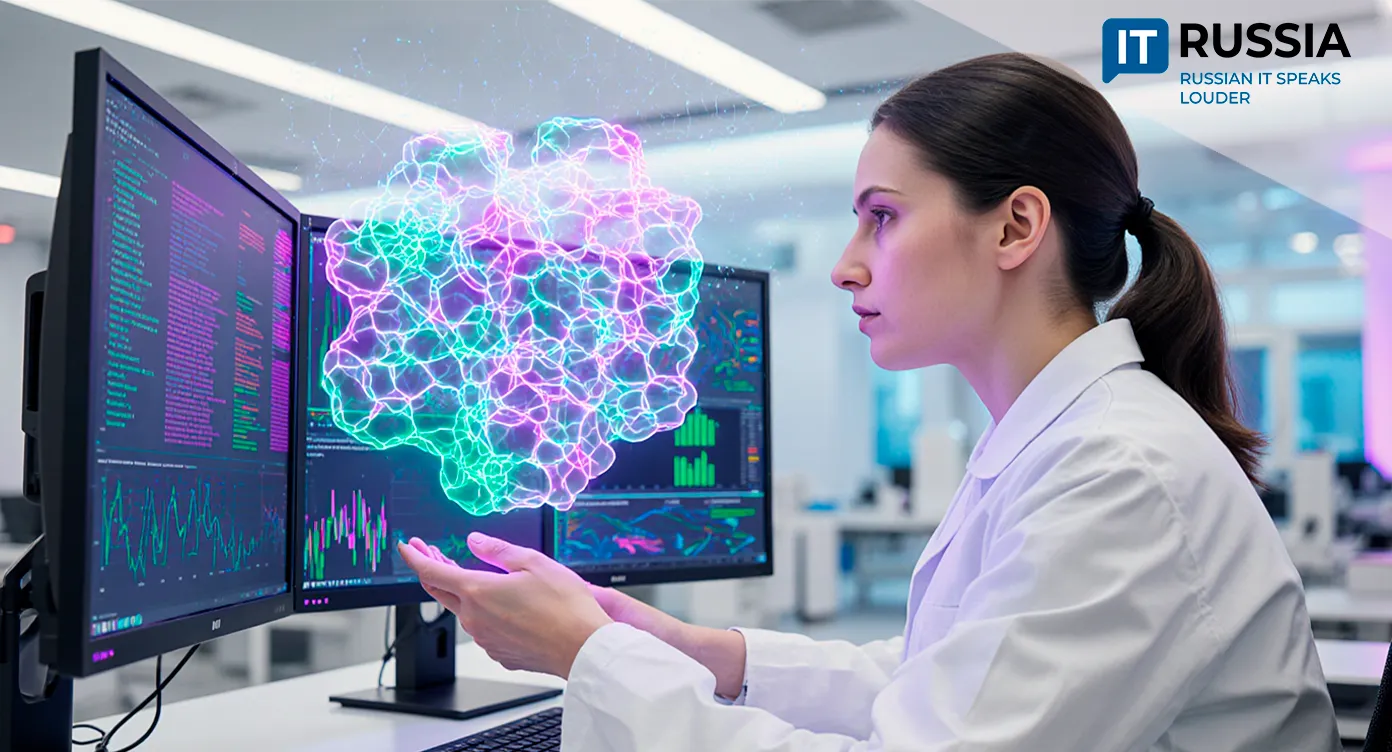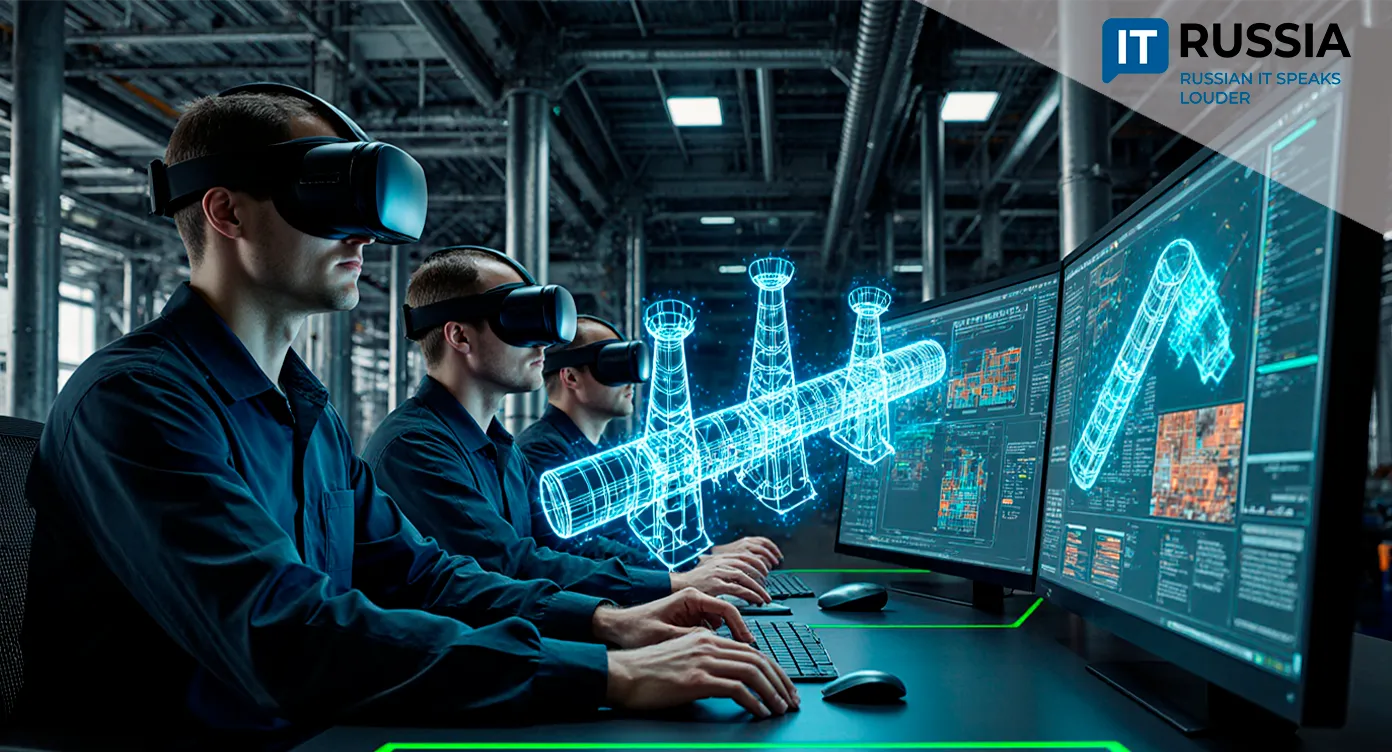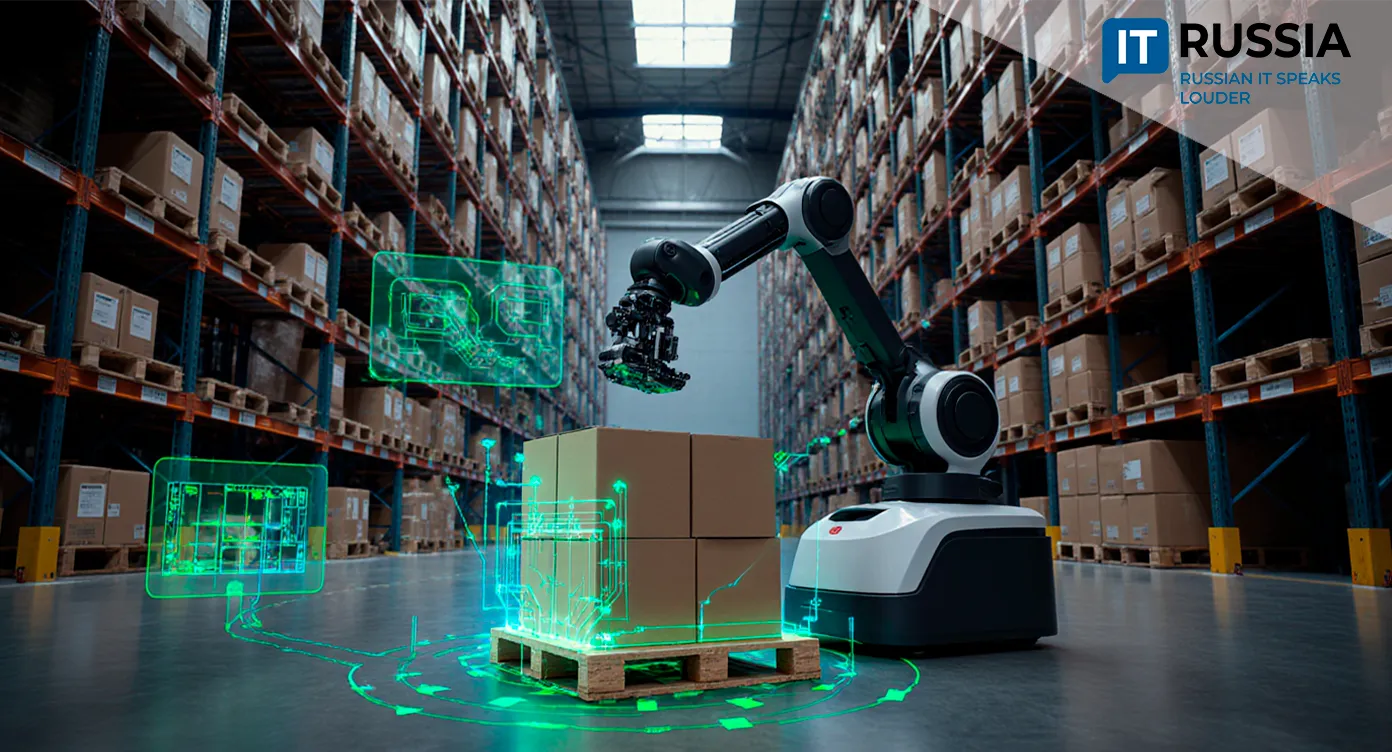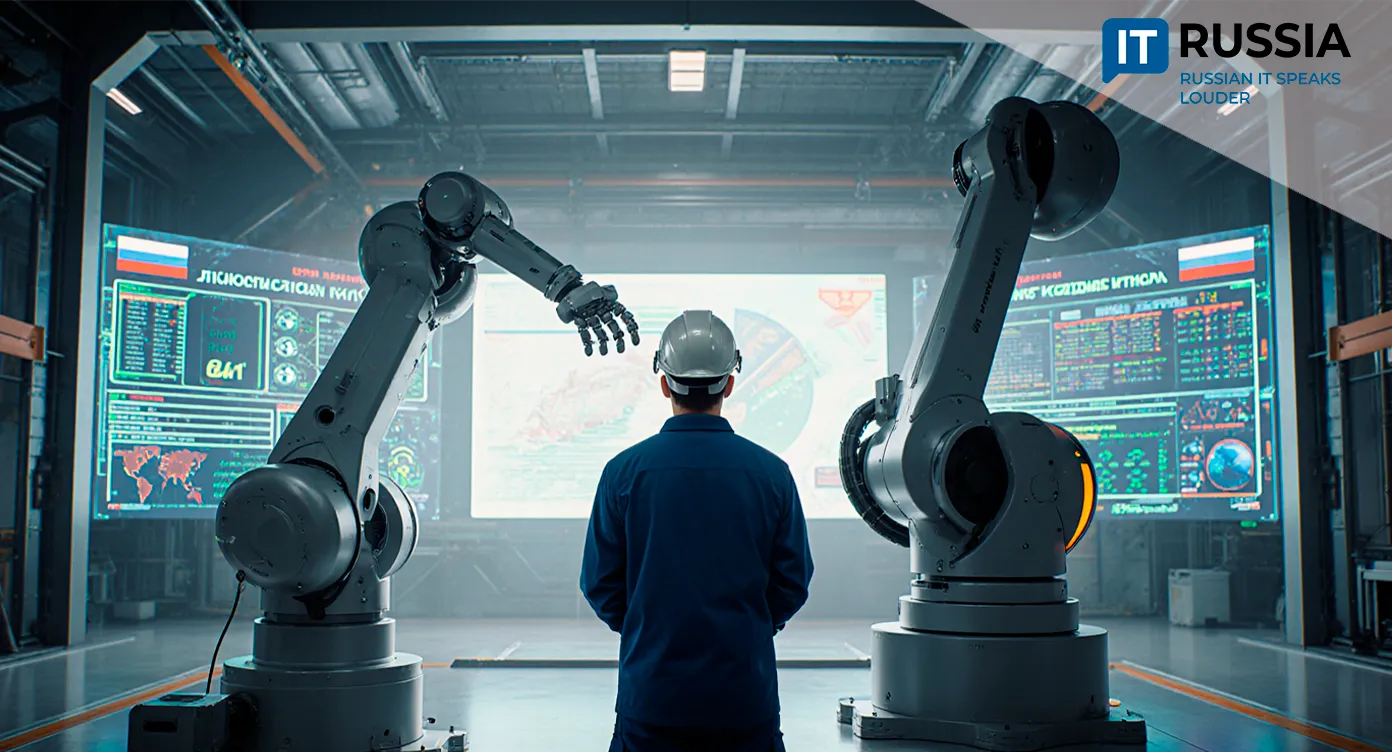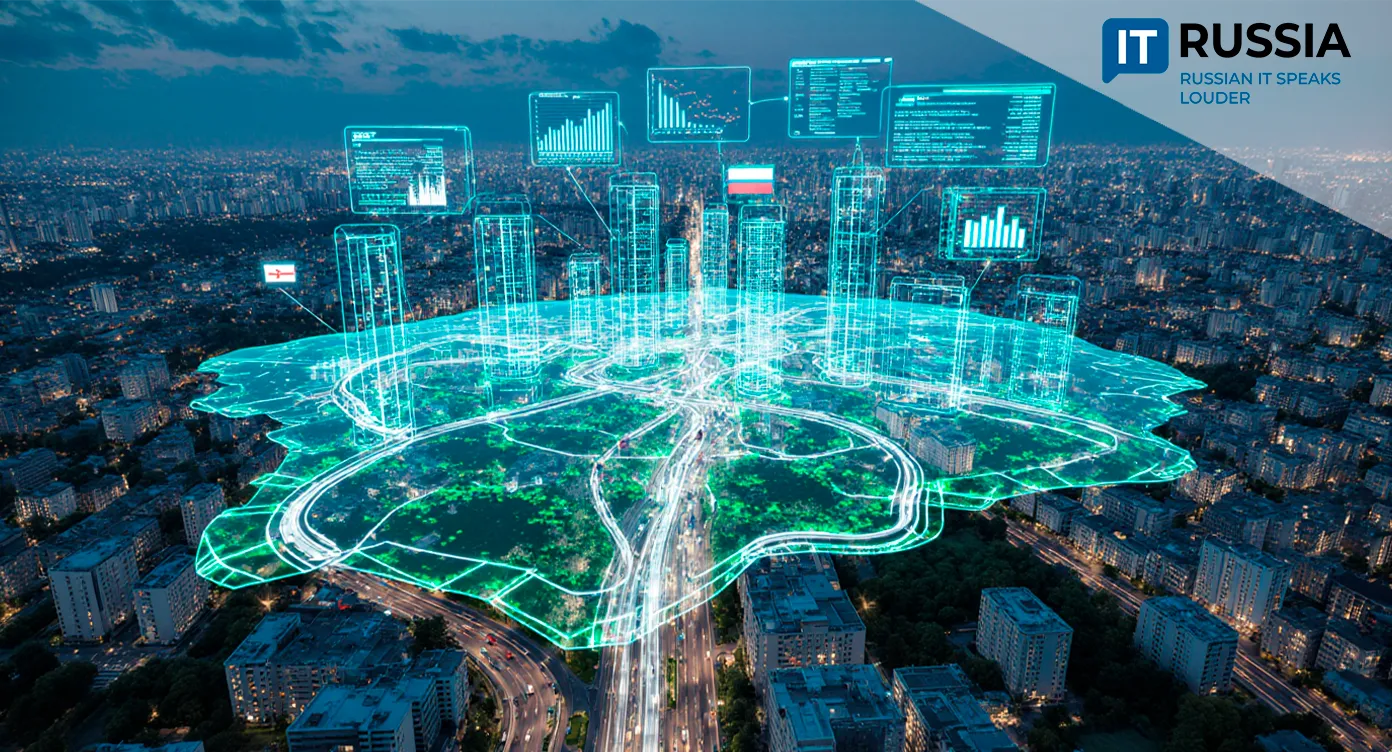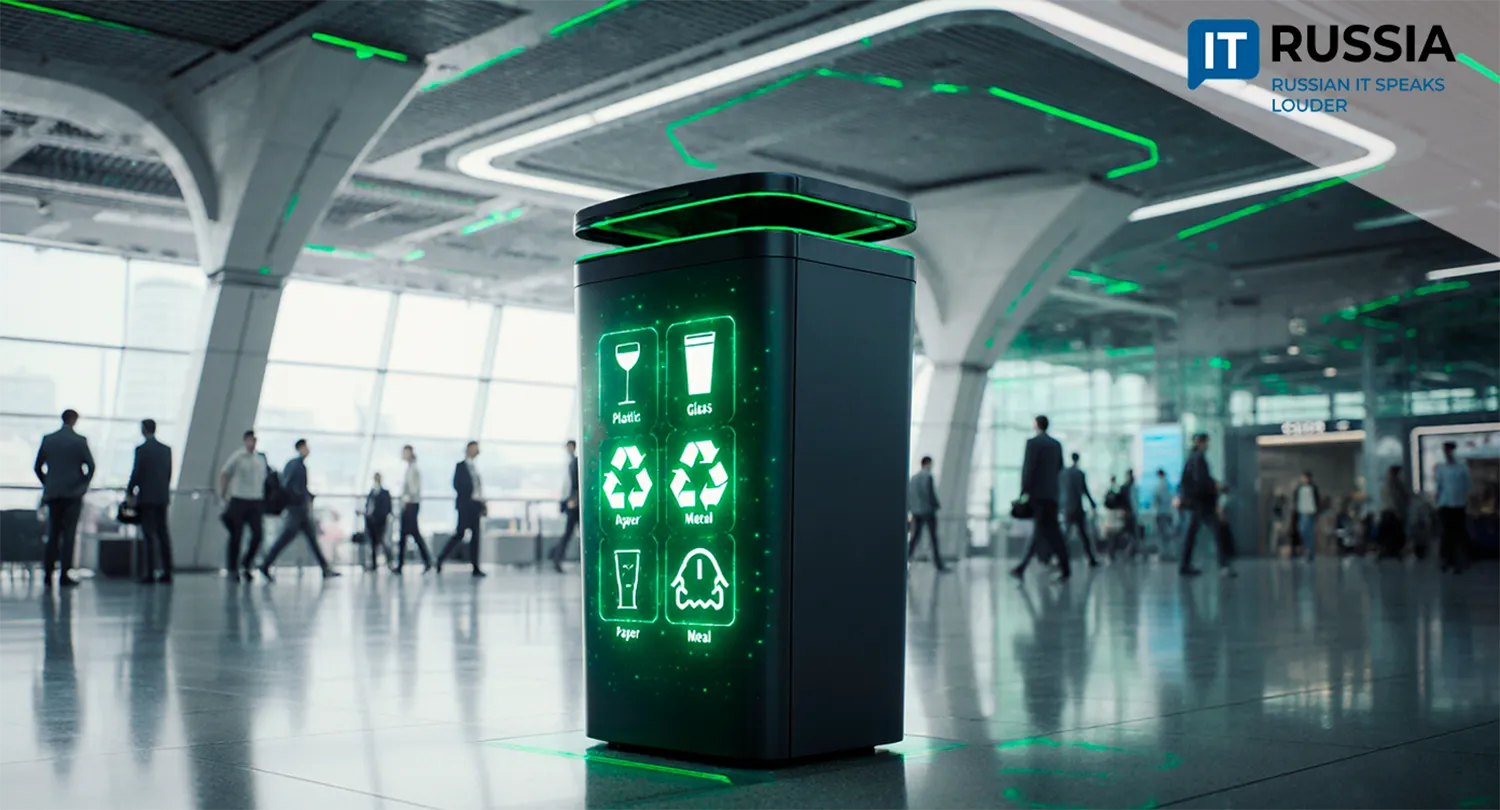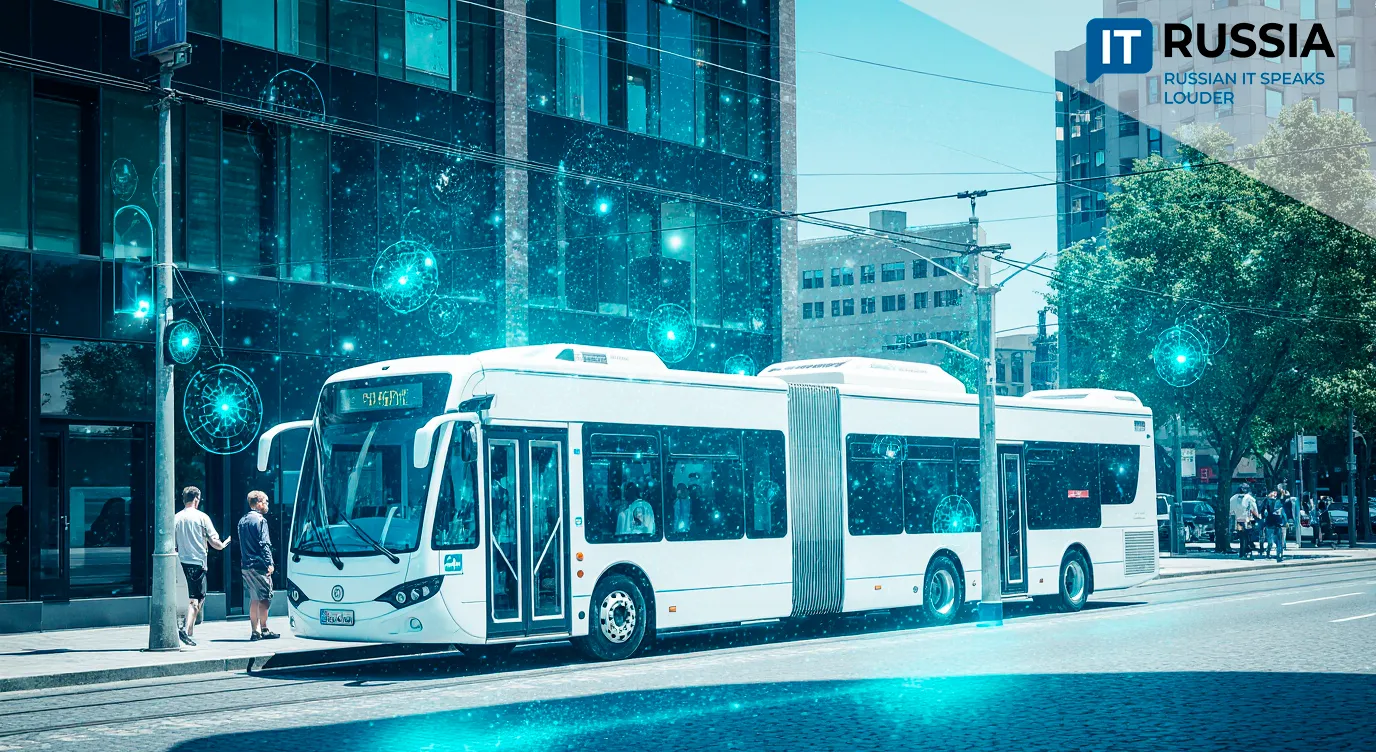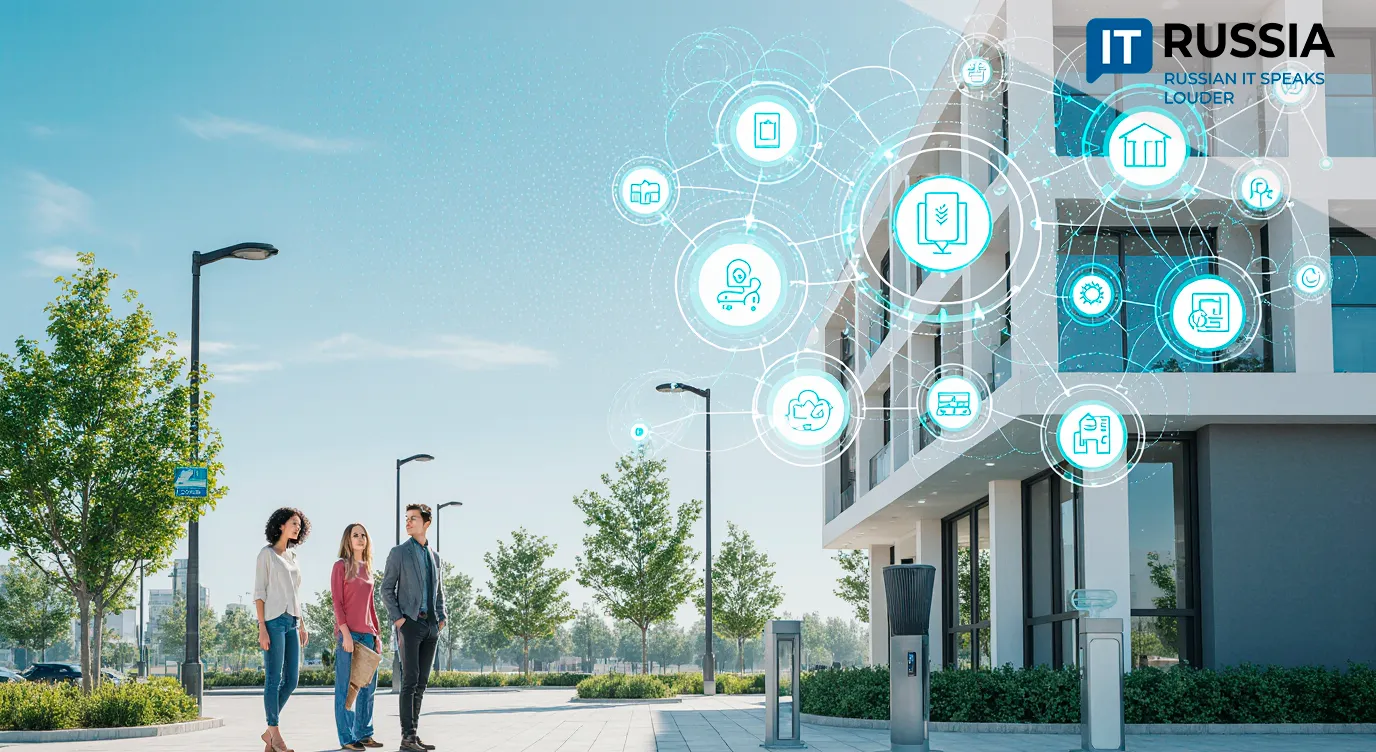AI in Russia Helps Locate Missing Children
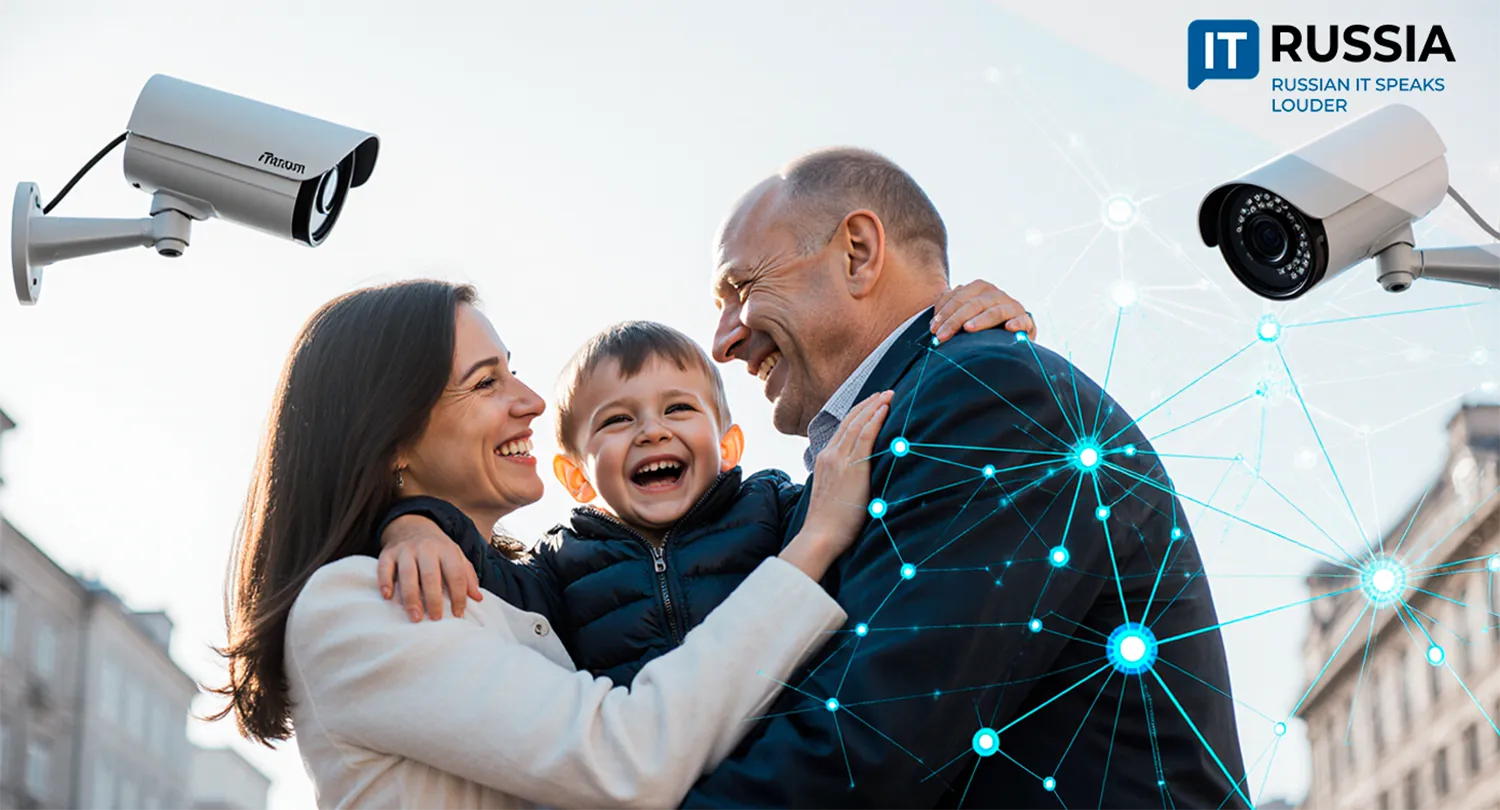
find missing children faster than ever before. The system has already proven more effective than traditional search methods.
Saving Lives
Novosibirsk became the first Russian region to deploy an AI-powered service designed to locate missing children using surveillance cameras. The technology was developed by NtechLab, a partner of Rostec. The system scans thousands of street cameras in real time, replacing slower manual search methods such as distributing flyers or interviewing witnesses.
Even before the project was formally announced in the media, the platform helped locate six missing children. For residents, this technology means faster response times from law enforcement and, ultimately, lives saved. For the Russian IT sector, it marks a milestone in integrating AI into government services and emergency response.
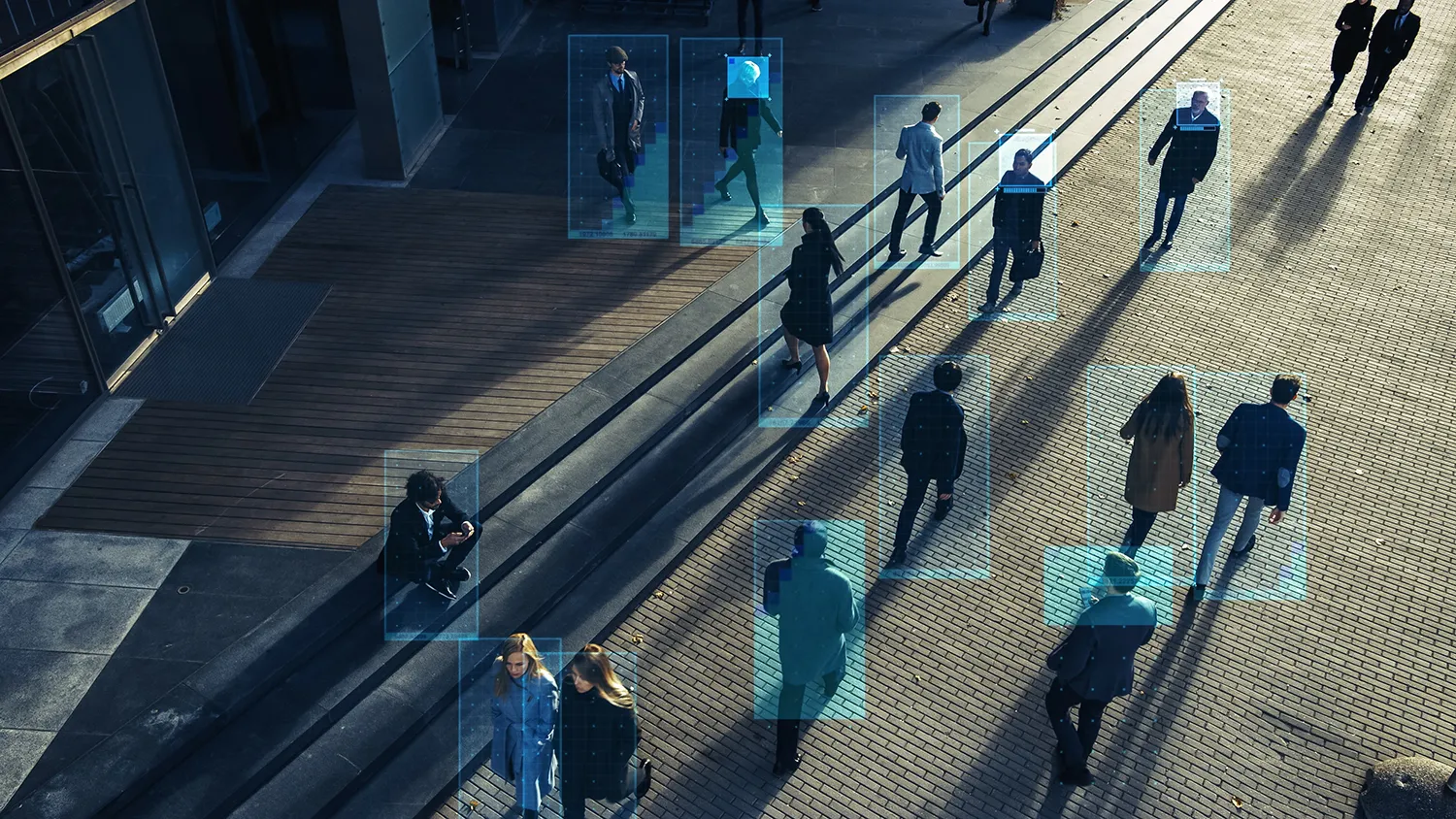
Scaling the Technology
The system could be scaled across other Russian regions and potentially adapted for international use in networked video systems. Partnerships with international organizations such as UNICRI could facilitate knowledge-sharing and best practices. Within Russia, integration into national digital platforms like the “Safe City” initiative is under discussion.
At the same time, data privacy remains critical. Parents must consent before uploading a child’s photograph to the system, ensuring safeguards are in place alongside the new capabilities.
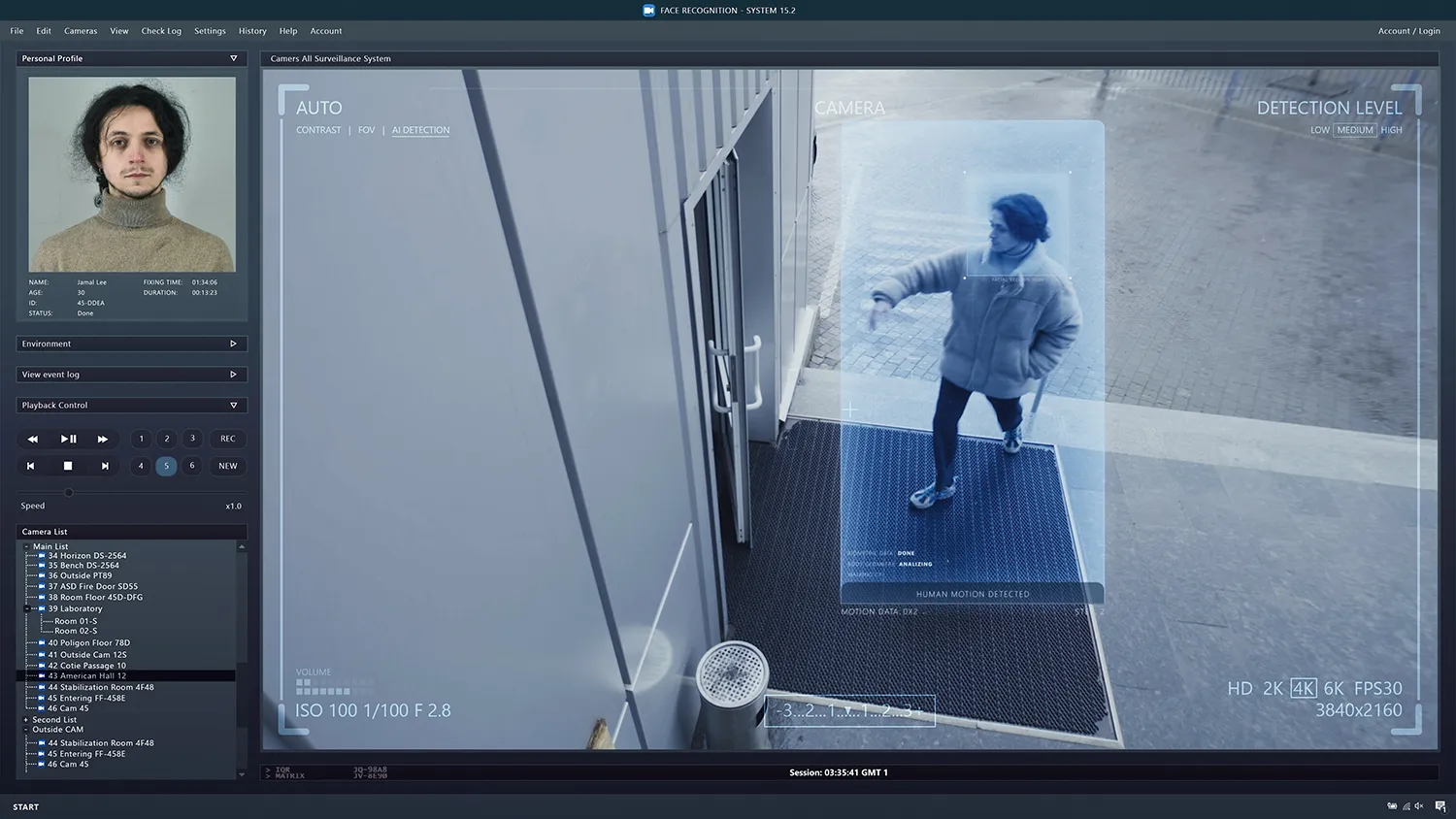
Safe City in Action
Russia has already begun introducing digital tools into emergency response. In July, drones combined with AI successfully assisted in searches for missing people. The 'Safe City' program, now active in many regions, focuses primarily on public surveillance and urban safety.
When it comes to missing persons, however, the use of AI remains limited, particularly among volunteer groups such as 'Liza Alert'. The Novosibirsk pilot project shows how government-driven AI tools can extend beyond urban monitoring to directly support public safety.
Balancing Safety and Privacy
Given the system’s early success, officials expect similar AI platforms to spread quickly across Russia, raising the overall level of public safety. For the technology to work more effectively, Russia is strengthening its regulations around biometric use and global facial recognition (GFR).
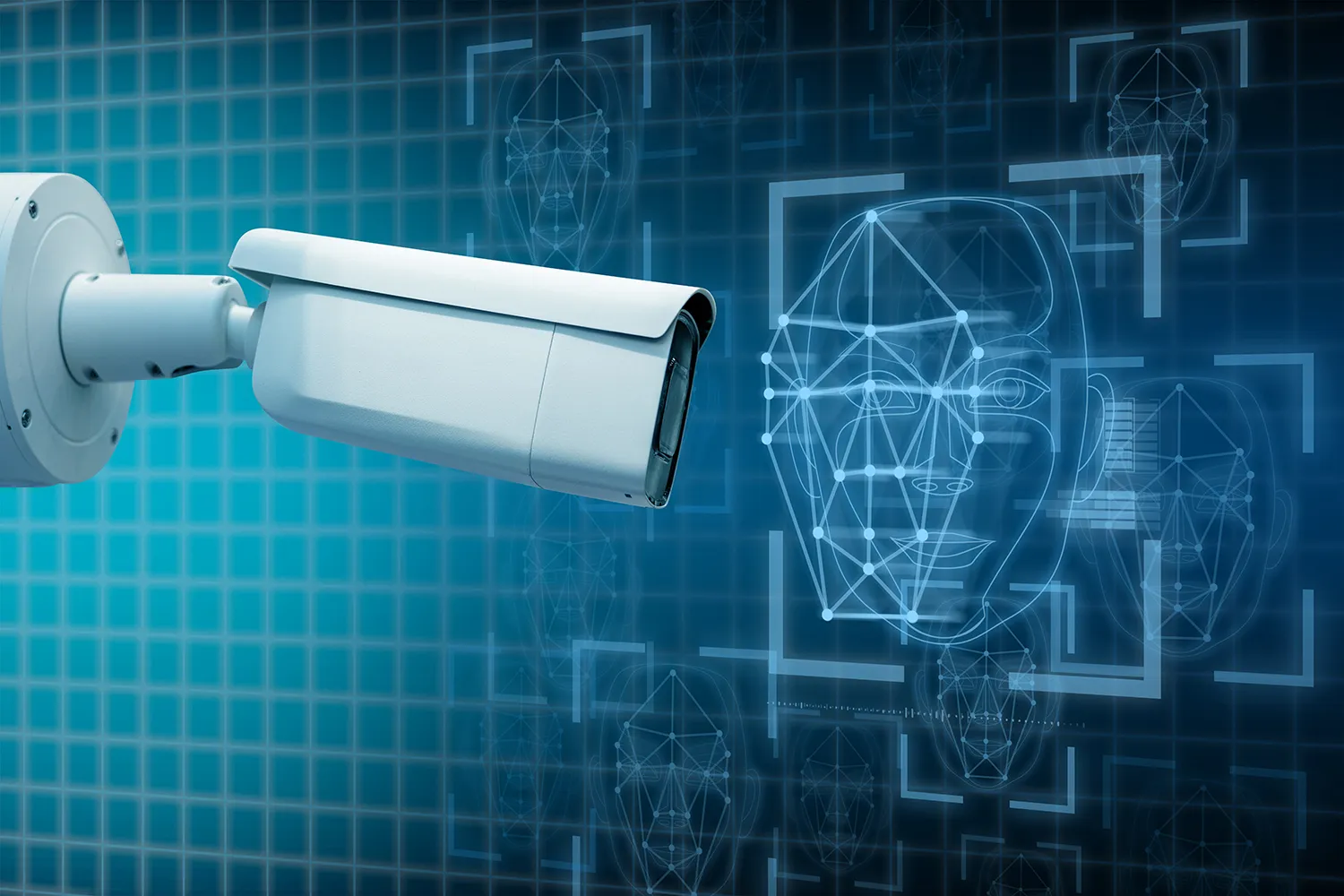
These measures must carefully balance security with a
child’s right to privacy. If implemented responsibly, the Russian model could
even serve as an export strategy, offering solutions to international partners
facing the same challenge.


